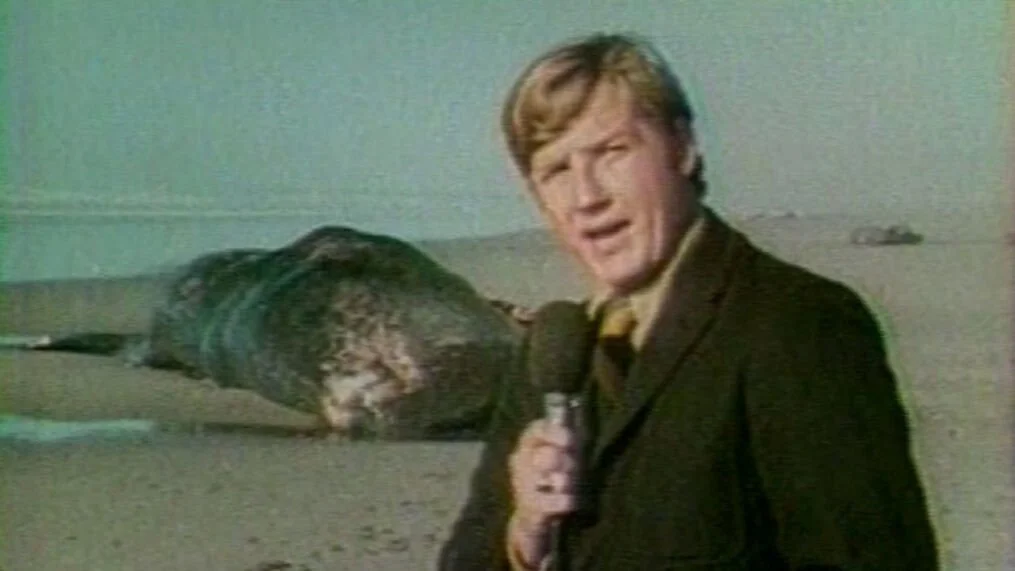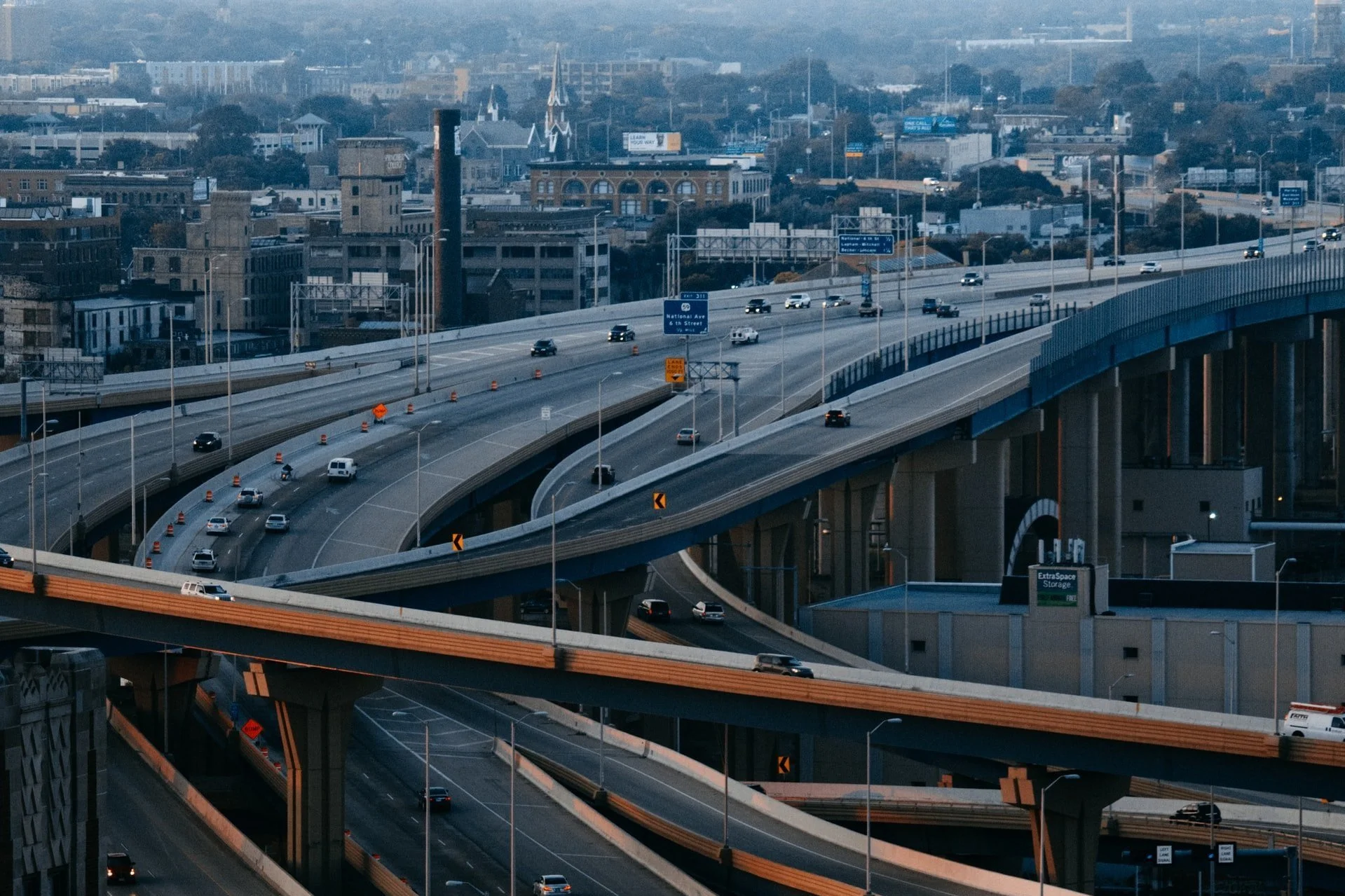Officials in Ottowa, Canada, are showing that local governments don’t need to accept expensive and unproductive projects, even if they have a lot of momentum behind them.
Read MoreToday, I want to look at a utility investment near my hometown of Brainerd, Minnesota. At first glance, it seems like an extreme case, but looking at it with a touch of scrutiny reveals a lot of insight into why America’s basic infrastructure systems are failing and will not be maintained.
Read MoreMost city officials are operating in good faith, trying their best to make decisions that will help their community. Even when they've made bad decisions in the past, it's never too late to start making good ones.
Read MoreIn this episode of the Strong Towns Podcast, Chuck responds to a recent Substack column that criticized the Strong Towns stance on the Suburban Experiment and infrastructure spending.
Read MoreAre urban areas really more financially sustainable than suburbs? Do urban areas inherently have higher infrastructure costs? Here's what Strong Towns actually says about the Suburban Experiment and infrastructure spending.
Read MoreMany bus routes have moved away from traditional static signage to digital maps and schedules that can be updated in real time. But is this really the right move, or are there enough benefits to static signage to justify it sticking around?
Read MoreHighway expansion projects have a devastating impact of city finances while only providing minor benefits. This case study explores the financial details of a highway expansion project in Winnipeg, Canada, and discusses how people can take action to stop this kind of project.
Read MoreIt’s Member Drive Week here at Strong Towns. To celebrate, Chuck’s reading some of his best articles that you might’ve missed. Today, he’s reading “The Cost of an Extra Foot,” which explains why engineers love overdesign and what that means for cities’ finances.
Read MoreOnce a city acknowledges that it can’t afford maintain its infrastructure, it’ll change its investment pattern to be more resilient….right? Actually, many cities try to make more money magically appear so they can continue that pattern. Here’s why “How do we get more money?” is the wrong question and what cities should be asking, instead.
Read MoreWaterways today are engineered systems that are more orderly than natural rivers, but they are increasingly dumb.
Read MoreWaterways are misunderstood, but probably not for the reason you’re thinking.
Read MoreA proposed highway expansion in Missouri will not only bulldoze through key areas in and around downtown St. Louis, but it’s also going to cost $859 million. Let’s go over some better ways that money could be spent.
Read MoreThe New Jersey Turnpike Authority plans to spend $4.7 billion updating and widening an eight-mile section of the turnpike, in the hopes of relieving congestion. Here’s why it’s not going to help.
Read MorePortland and Oregon leaders shouldn’t commit to a $5-billion project without an investment grade analysis (IGA) of toll revenues.
Read MoreThe Oregon DOT has experienced massive cost overruns on all of its largest construction projects…and has systematically concealed and understated the frequency and scale of those cost overruns.
Read MoreWhen it comes to our places’ roads, we need to start asking: “How much is this gonna cost us?”
Read MoreLocal leaders in Ohio and Kentucky are gearing up to make a multi-billion dollar mistake on this bridge equivalent of a highway-widening project.
Read MoreTxDOT’s latest boondoggle: a highway expansion that threatens to cut right at the heart of downtown El Paso.
Read MoreWe’ve spent trillions fighting congestion so that it’s easy to drive everywhere. But we’re fighting a losing battle, and simultaneously losing our ability to walk anywhere.
Read MoreWhen it comes to transit mega project delays and overruns, there are typically two reactions: to trash the project mercilessly or unconditionally back it to the end. But there is a third option.
Read More



















